Millennials Are Not to Blame – Take Accountability, Leaders!

I read an interesting article by Kate Taylor in Business Insider about the fact that casual dining is in danger — and Millennials are to blame. “Brands such as TGI Fridays, Ruby Tuesday, and Applebee’s have faced sales slumps and dozens of restaurant closures, as casual dining chains struggle to attract customers and grow sales,” says Taylor.
Buffalo Wild Wings’ CEO – Sally Smith – agrees and recently wrote a letter to shareholders saying, “Millennial consumers are more attracted than their elders to cooking at home, ordering delivery from restaurants, and eating quickly in fast-casual or quick-serve restaurants.”
It’s fascinating to me that leaders of casual dining chains choose to spend their time blaming Millennials vs. re-inventing their business models to better accommodate the needs of the world’s largest generation.
Then again, I don’t know why I’m surprised as business leaders in every industry seem to enjoy blaming Millennials for their woes. Why? Because finger pointing is easier than picking up the corner of the rug, sweeping out decades of issues, identifying the root cause, putting a solution in place, and holding people accountable for ensuring the fix sticks.
What I know for sure is that Millennials are not to blame for the millions of dysfunctional workplace cultures that exist in our world today. They existed long before Millennials were born and they will exist long after Millennials have left the Earth, unless you choose to take accountability as a leader.
Footnote: Two weeks after I drafted this article, Sally Smith resigned under shareholder pressure. We wish her well.
BE AWESOME! Pick up the corner of the rug. Unless your workplace culture is extraordinary (according to your employees), you still have work to do. My proven four-step process makes it easy to create a culture that your Millennials and your customers rave about, so get my book on Amazon, see me live, or start the conversation with. Why? Real leaders don’t blame; they re-invent their business models to better accommodate their employees’ and customer’s needs.

